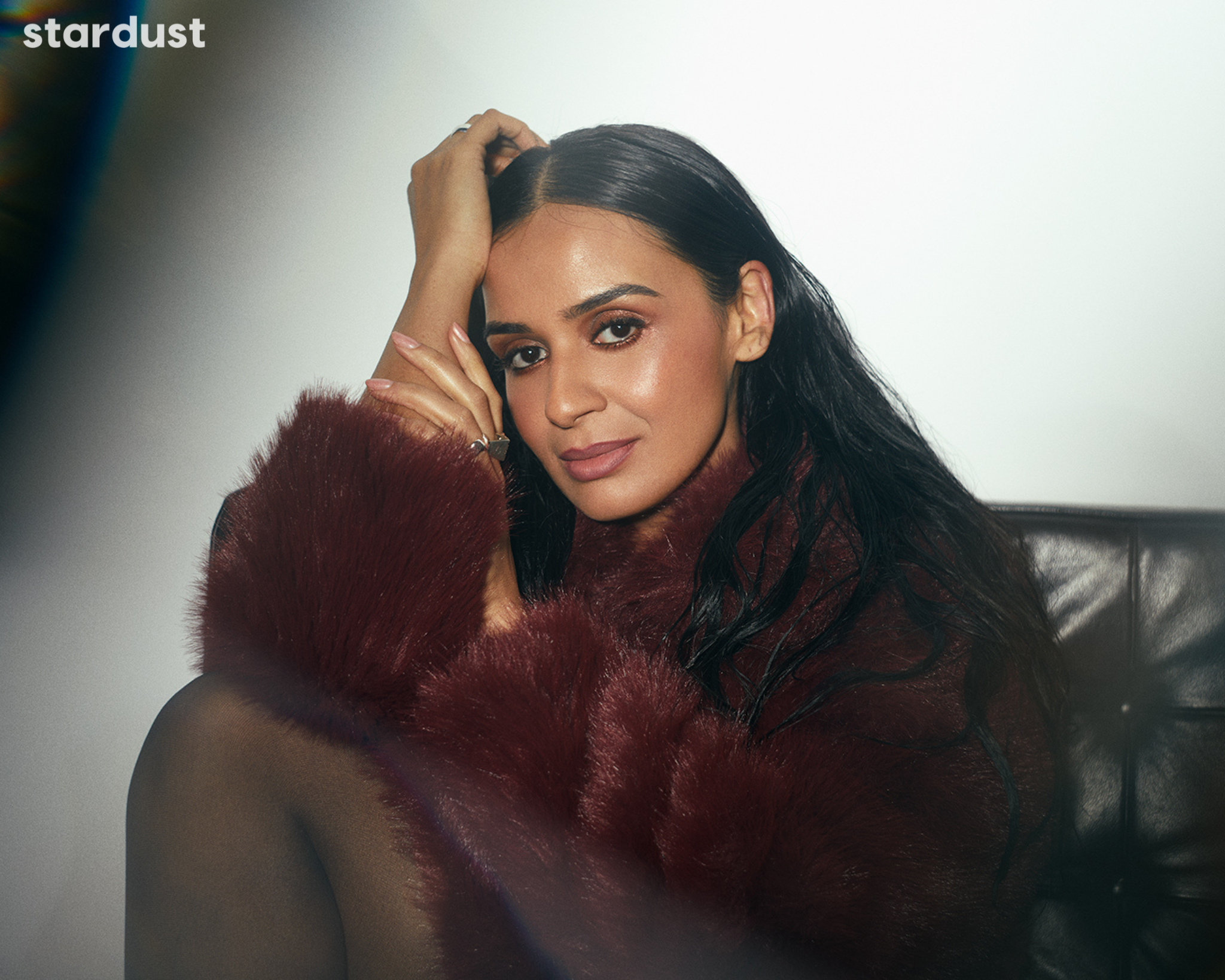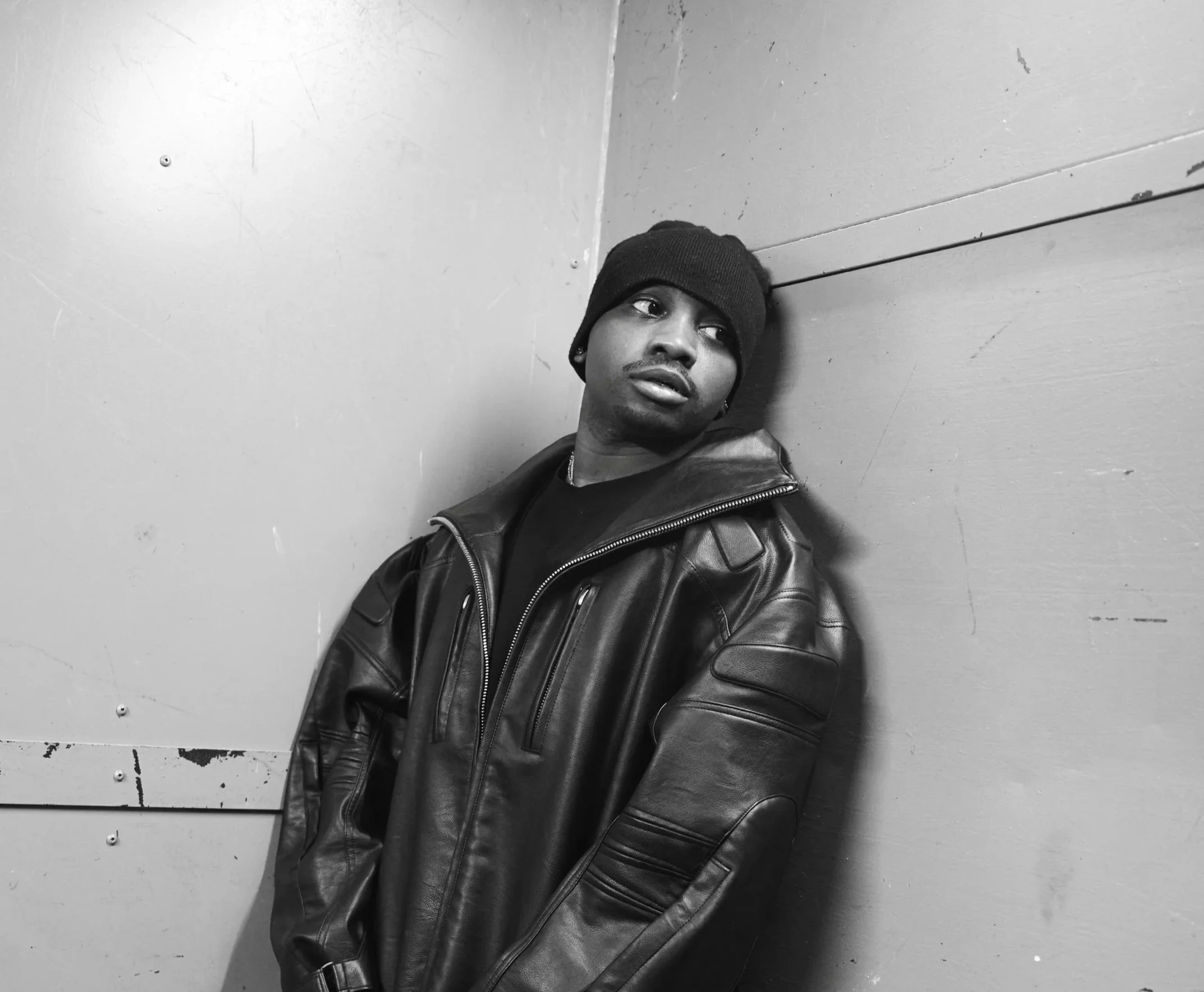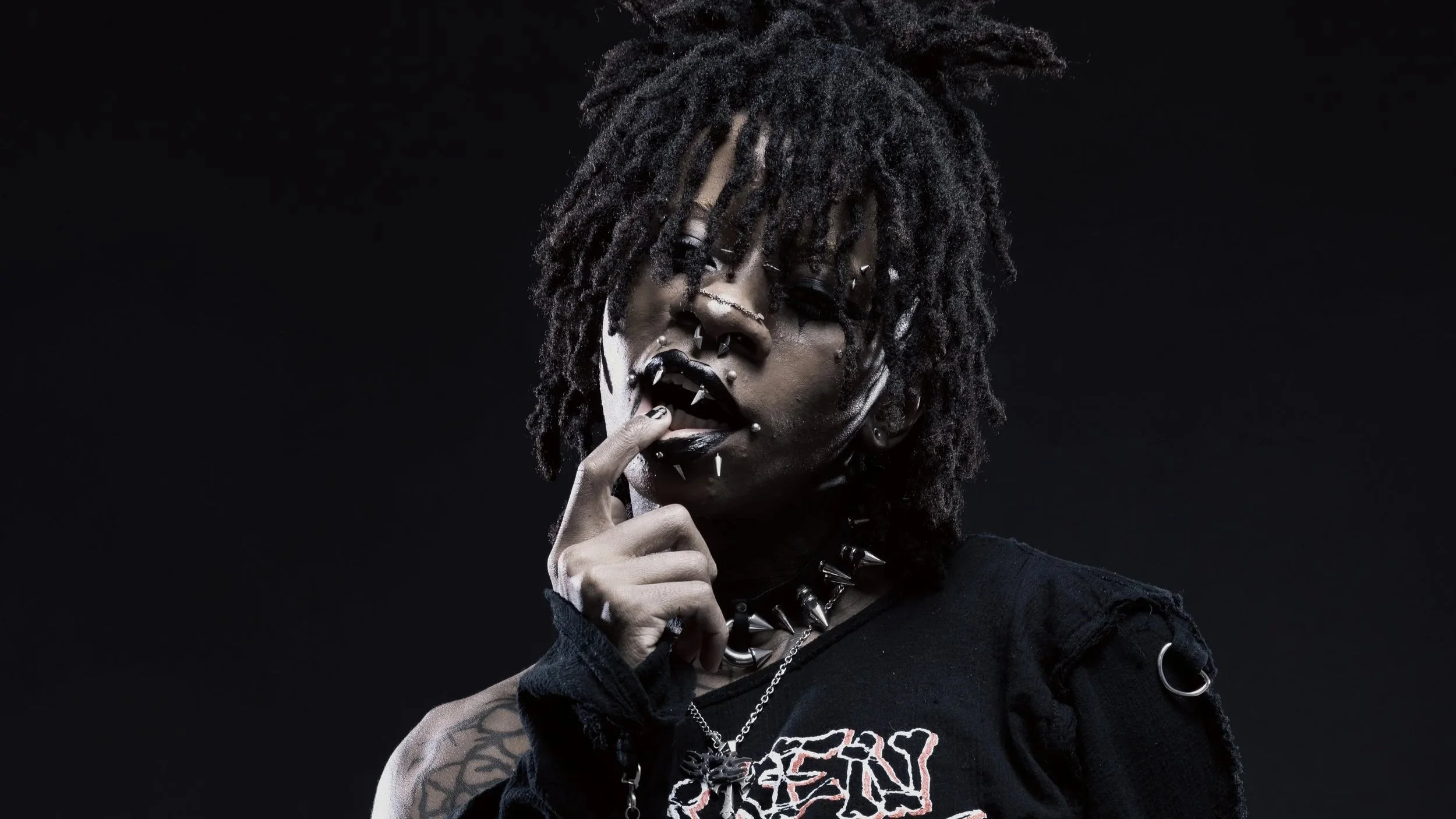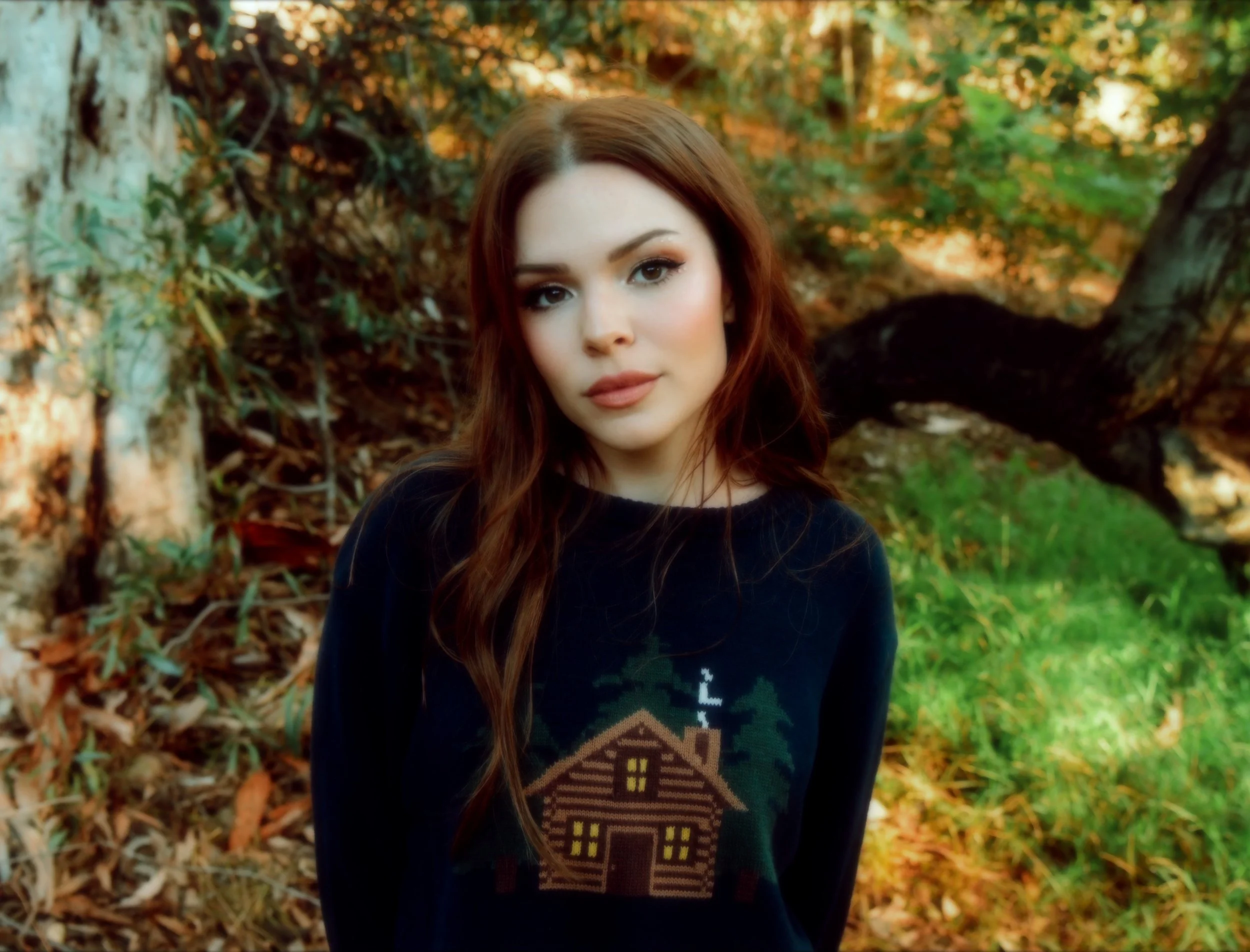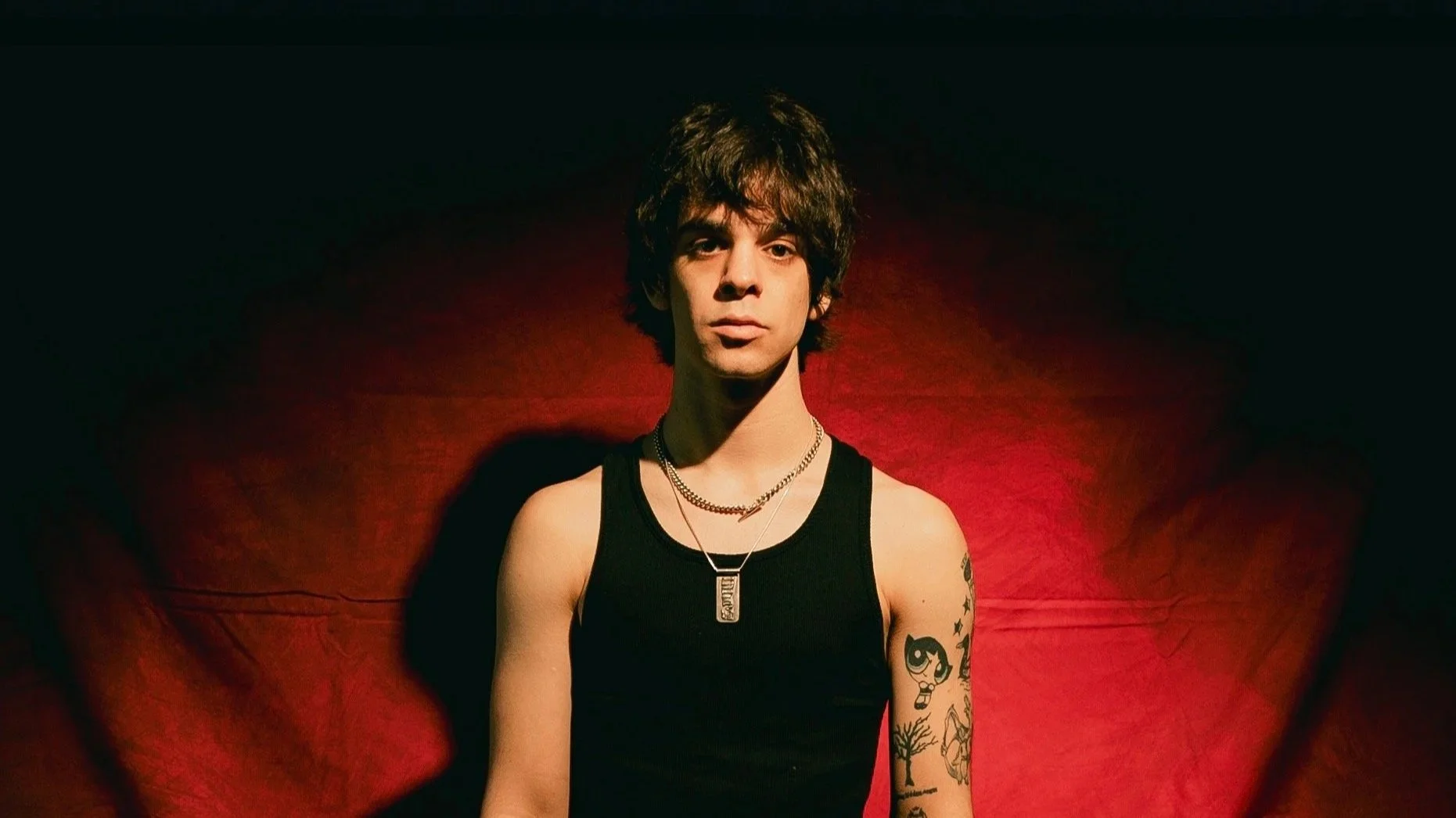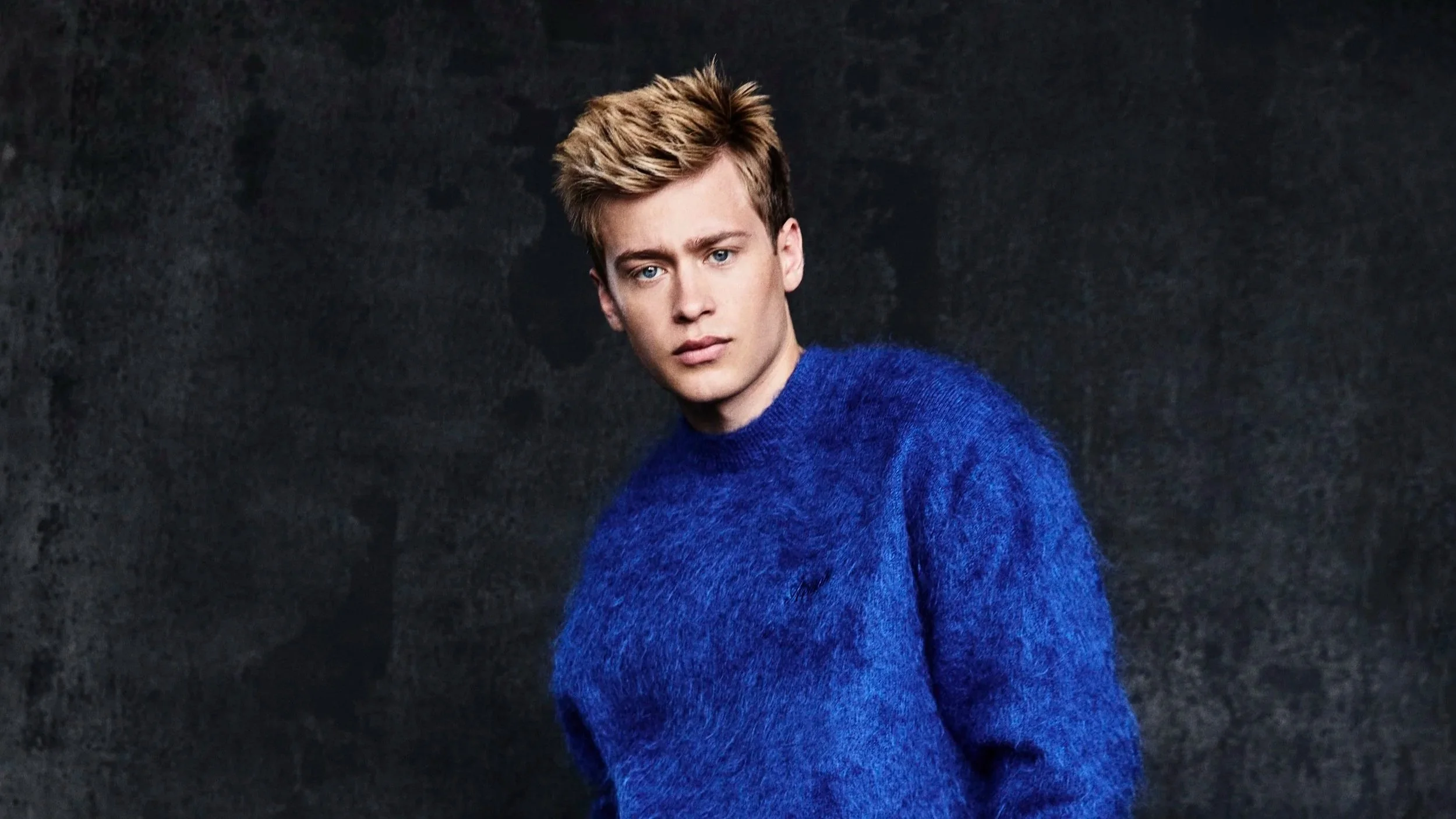Ambreen Razia on The Agency Season 2, Ted Lasso, and More
Ambreen Razia is set to sharpen the edges of TV espionage when she returns to play Blair Khan in Season 2 of The Agency—a Paramount+ spy drama expected to arrive later this Fall. As a series regular, she plays a CIA case officer who reads a room before anyone else does, sharing scenes with heavy-hitters Michael Fassbender and Richard Gere while keeping the character’s focus tight and nuanced.
Elsewhere, she’s also turned in a taut performance in Channel 4’s thriller In Flight with Katherine Kelly and even flipped the dial to comic mischief as Shandy Fine in Ted Lasso’s acclaimed third season—because she clearly has the capacity to do it all. Though in the coming months, she’s also working on her writing credits by developing a story titled Wasted with BAFTA-winning Expectation TV.
Now, Razia is breaking it all down for us.
What changed for Blair between Season 1 and Season 2 of The Agency, and how did you shape that evolution from page to set?
Ambreen Razia: Season One was a snapshot introduction to several characters including Blair—we see her operating within her world pretty seamlessly. She’s smart, capable, and a little cutthroat. This season, her shortcomings are unearthed, and a sort of rebirth happens—a new type of agent is born. A better agent, yes, but a better person? That's been the most exciting question to contend with. Leaning into the true life of Blair has been so fun this season. Without sounding too melancholy, the season itself has felt like a big epic score which I’ve listened to lots of times [reading the scripts]. It then feels like I’ve had the chance to create another score [the character] beneath, to supplement it. Leaning into areas like her vulnerability this season has felt alien in some way, but I always have to trust those choices, because she’s human.
The Agency balances tradecraft with intimacy. What specific research or coaching most influenced your approach?
Ambreen Razia: My actual job title is “Senior Analyst,” but she was sent into the field in season one to shake up Volchock's secretary. The name “Blair” actually means battlefield, so I’ve always thought of her as a blindly loyal soldier. I’m sure her bosses have picked up on that view of herself and used it to their advantage at times! This season is about her undoing some of the convictions she has about herself. I started with a deep dive into the Cold War, American history, and the history of the CIA.
I love doing projects like this because it gives you an impetus to learn about specific areas. The CIA holds such a particular set of ethical and moral codes as an organisation—it requires its agents to operate with such high levels of deception which fundamentally can only alter one’s own sense of self, soul, and psyche. The act of spying also feels somewhat unnatural and character-altering. I listened to The Sisterhood: The Secret History of Women at The CIA, which is a brilliant book by Liza Mundy. It was fascinating in terms of how women have been used within the organisation over the years.
In Flight also placed you inside a grounded, high-stakes world. What muscles did that role work compared to some of your other roles?
Ambreen Razia: I was able to do my own accent again, which was nice! Blair in The Agency is a very empowered, smart, intelligent, capable woman who operates with great proficiency in what she does. She sees things in black and white. Zara in In Flight was lost—a discontented air hostess whose confidence had been shaken by her inability to conceive. Where Blair felt quite complete in her motives and who she was, Zara was always searching, which was fun to play.
Working on very different series like Ted Lasso and The Agency offers you quite a sharp tonal pivot. Is there a genre you feel the most comfortable in so far?
Ambreen Razia: Ted Lasso was definitely a shift in terms of everything I’ve done before, and it was my first American TV show. I’ve done a fair amount of comedy, and both genres have different demands, but when approaching a comedy, I never really see it as that—it’s a set of given circumstances which you have to play for real. You’re building a character in drama as much as you are in comedy—you play the scene with truth in both, and if the writing is good, then there’s very little you have to do to be honest. It is like starting from scratch every time for me—the approach to the process is the same, irrespective of the genre.
You also have playwright roots and writers’ room credits. How does writing inform your own choices on set, from blocking to subtext?
Ambreen Razia: As a writer, you develop an ear for dialogue between characters. I—probably annoyingly—ask to change things if they don’t work, and most of the time, directors are open to it and it works for the better. I know that you can't really get a sense of the dialogue till it comes out of the actor’s mouth. I also usually ignore all the stage directions on a TV or film script because it’ll usually change when you arrive on set. The best directors I’ve worked with will allow the actors to intuitively find the blocking before the cameras go up, and then you refine it together. I guess with subtext, you figure out what the character is really saying pretty quickly because you’ve spent time creating subtext for your own characters, although sometimes I’ve got it completely wrong, and I kick myself for not knowing!
With Wasted in development—what themes are non-negotiable for you in bringing that story to screen, and where are you in the process?
Ambreen Razia: I’m still developing it with Expectation TV along with lots of other projects, and we’re trying to find the right home for it. I’m also working on turning my play Favour into a feature film or a TV series. In terms of non-negotiables, I guess it’s about holding on to the authenticity of the piece. There have been—and will always be—people who don’t understand it and are tempted to turn it into something else in order to move the process along, but shows like Atlanta and Ramy aren’t renowned because they’re like everything else, even if it took a little longer to get through the door.
The way Ramy beautifully and outlandishly represents Muslims living in New Jersey and the way Atlanta does that for the African American community makes me hope that I can do that for the British Muslim community. It means people have to be progressive in their views and be open to new perspectives on what those communities are and the characters they hold—without that, nothing original is going to get made.


